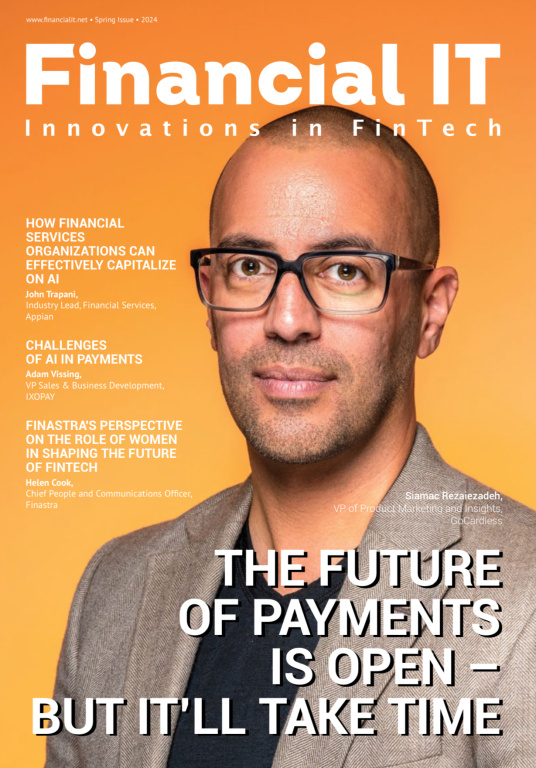Financial IT Spring Issue 2024

- 04 Mar, 2024 03:00 am
About Artificial Intelligence
This may turn out to be the most important edition of Financial IT magazine that we have published since the launch of the publication in November 2012. The key reason is that the main focus of this issue is a topic that is a source of great risk to the global economy and society. That topic is Artificial Intelligence (AI). At the beginning of the year, political consultancy Eurasia Group published its Top Risks 2024 report, which explains what its experts see as the top challenges for the coming 12 months.
The preface to that report noted the following: “The wild card, more than ever, is technology – specifically, artificial intelligence. The upsides will start materializing more dramatically as new applications find their way into every major corporation across every economic sector. And as hundreds of millions of people begin to upskill themselves in their jobs, AI will become a copilot before it takes over your job. But the technology is also developing far faster than the ability to govern it, and a technopolar world for artificial intelligence means crisis response and reaction will come only after things break … let’s hope in 2024 those things aren’t that big.”
Those of our contributors who focus on AI convey messages that are consistent with this somewhat cautious view. A survey cited by one contributor notes that banking is likely to be one of two industries that spend most on AI. AI can contribute to fraud detection, improved risk management and more. However, it remains to be seen whether the relationship between humans and AI is a harmonious one. The speed at which suitable regulations are introduced is also as yet unclear. Moreover, as another of our contributors points out, people mistrust AI. While some 88% of Indian consumers say that they are familiar with AI, and 79% claim to have experience with it, the figures are much lower in major English-speaking countries. The solution appears to be strong data governance, transparency about how AI is being used and – perhaps most importantly – the education of consumers. Yet another of our contributors, a large and well established European fintech, highlights the limitations of AI and why – for now – it has only a limited role in the company’s business. AI is generating many conversations – and, indeed, debates – a lot of which feature in this edition of Financial IT.
There is more to watch than just AI…
A number of our contributors to this edition of Financial IT have drawn inspiration from International Women’s Day on 8 March 2024. They advocate the greater inclusion of women in fintech – and, especially, at senior levels in organisations. Naturally, we agree. As a final suggestion, we urge that you keep a copy of this edition, and compare it with the edition that we publish in a year’s time. The key question will be: how does what is being said about AI in early 2025 compares with what was being said in early 2024? The answer to that question will be illuminating. At one extreme, it could be that AI is somehow at the centre of a massive crisis that has spooked all governments. At the other extreme, it could be that AI is clearly providing a bonanza for the financial services industry and is preventing – rather than causing – major problems. The answer will likely be somewhere in between. In any event, a comparison of this edition of Financial IT with the one that we publish for the Spring of 2025 will provide real intelligence about AI – and about the progress of women in fintech…
Andrew Hutchings
Editor-in-Chief, Financial IT





















